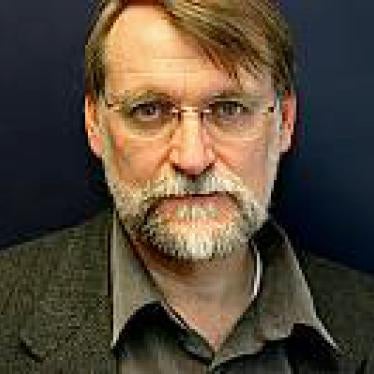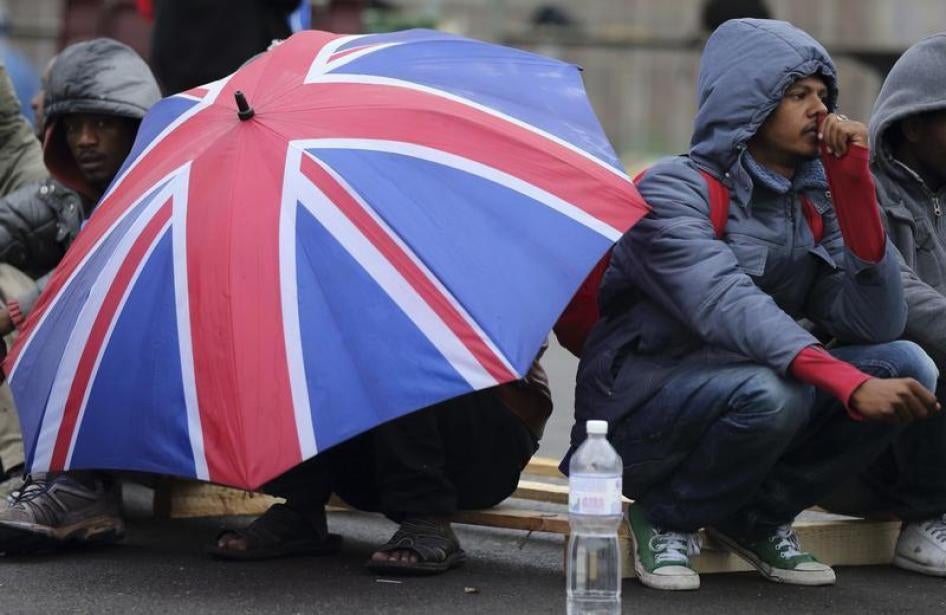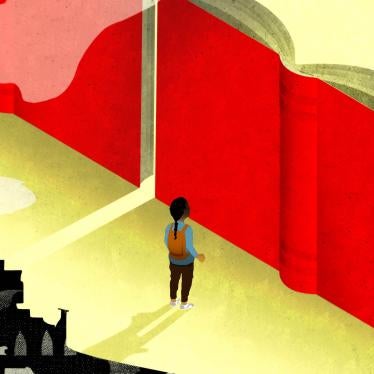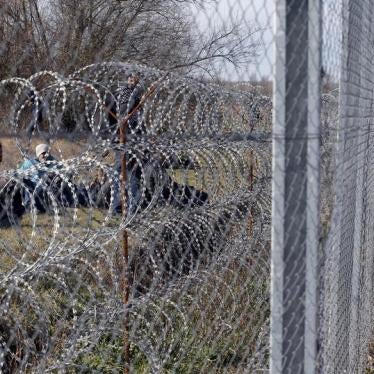UN Secretary General Ban Ki-moon had intended Monday’s UN summit on the global refugee and migration crisis to recast the world’s response into a broader protection framework with more equitable responsibility sharing. But many world leaders gathering in New York instead used the high-level forum to call for more migration control and less protection.
That includes British Prime Minister Theresa May, who called for a clearer distinction between refugees and economic migrants, greater efforts to keep refugees in the first safe country of arrival, and more emphasis on border control. She also called for increased aid and tackling root causes, but the core message was clear: keep these people away and let others deal with them. “The quality of mercy is strained,” might be May’s revisionist take on her country’s most famous adage on benevolence.
Of course, some people are economic migrants pure and simple who, while deserving respect for their human rights, can be deported to their home countries without risk. But more often than not in the context of large movements, the lines between refugees and migrants are blurred and an exclusive response will inevitably expose vulnerable migrants to harm.
Prime Minister May called for “properly applying” the 1951 Refugee Convention. The convention is a modest document that set out limited rights for people who met its narrow definition of refugees: those outside their country unable or unwilling to return on account of a well-founded fear of being persecuted because of their race, religion, nationality, membership of a particular social group, or political opinion. A yawning gap in the Refugee Convention was its failure to cover people fleeing indiscriminate violence who face real threats to their lives but who have not specifically been targeted for persecution on the basis of their beliefs, social group, or ethnicity.
So May’s call for “properly applying” the Refugee Convention appears to suggest that it should be used as a tool of exclusion, particularly with regard to people caught up in the large-scale movements of refugees and migrants that the summit was intended to address.
Africa and Latin America sought to fill the gap in the convention with regional refugee conventions and declarations that included a wider refugee definition. The European Union’s individualized asylum system has also managed to include wider grounds for “subsidiary protection” beyond the limitations of the Refugee Convention.
But advocates had hoped that the UN summit would close this protection gap globally. The opportunity was there for a universal declaration that there are many people in today’s world, such as famine victims fleeing drought in Somalia and Salvadoran children fleeing gang violence, who face threats to their lives if they return home whose claims for protection are as valid as political exiles and religious dissidents.
The British prime minister is not alone in wanting to keep the aims of the UN summit narrow. Diplomats watered down an earlier draft of the summit declaration, which had included a commitment to develop guidelines on the treatment of vulnerable migrants “who have not qualified for refugee status and who may need protection and assistance.” But Monday’s New York Declaration agrees only to consider developing guidelines for vulnerable migrants “who do not qualify for international protection as refugees and who may need assistance.”
This change in wording to say that migrants who face threats only need assistance—and its silence on their need for protection—will be remembered as this summit’s greatest failing. This is not merely a semantic point; the same principle—nonrefoulement—that forbids governments from forcibly returning refugees to places where they fear persecution should apply to migrants fleeing violent conflicts and other situations that would put them at comparable risk of harm. Providing them food or other assistance is not enough. The New York Declaration should have said so.
Unfortunately, many other leaders seem to have as constricted a view of which people deserve protection and how to assist them as Prime Minister May. Despite some lofty rhetoric, the New York Declaration is a missed opportunity to align the international response to the realities that force people from their homes in the 21st century.
This narrow vision and grudging sense of responsibility will mean more border fences, continued deflection of asylum seekers from Europe, North America, and Australia to poorer, front-line states that are well-past their capacity to provide effective protection, and a constrained concept of protection itself. But the problem, and the need, will not go away. As failed states proliferate, as non-state actors become more abusive, and as climate change drives ever-more migration, the need to protect a broader set of vulnerable migrants forced to leave their homes will be more compelling than ever.










